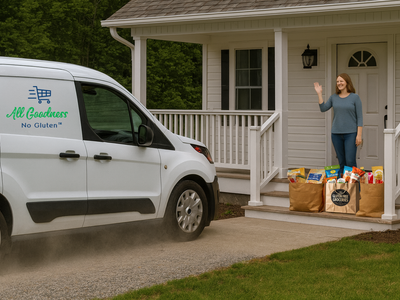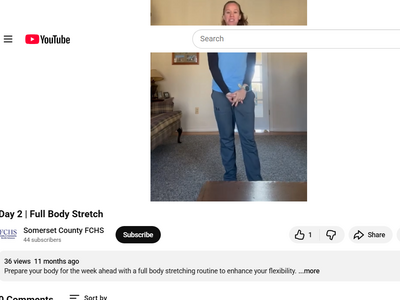– JAN. 28, 2022 – New Jersey American Water is preparing for forecasted blizzard conditions and coastal flood warnings this weekend. The company has initiated readiness efforts to mitigate potential impacts to its water and wastewater plants and distribution systems.“We are committed to providing safe and reliable water service to our customers, even through extreme weather conditions,” said Thomas Shroba, vice president of operations for New Jersey American Water. “Our team of experts is highly trained on emergency preparedness, response and management and is ready to handle any service disruptions that may come our way.”As part of the company’s readiness efforts, operations personnel have tested and fueled generators, vehicles and fuel storage tanks, secured additional water treatment chemicals, prepared wastewater treatment plants for increased flows, and updated staffing plans to help with response efforts.
“Customers should also prepare for extreme conditions this weekend by taking the
following precautions before, during, and after the blizzard to stay informed, stay safe
and to protect vulnerable areas of their homes,” said Shroba.
Before the storm:
Update your emergency contact information and preferences in your MyWater
account. The company uses this information to contact customers about any
service impacts.
Locate your main water shut-off valve. If a pipe freezes or bursts, shut the water
off immediately.
Protect your pipes and water meter. Wrap exposed pipes with insulation or use
electrical heat tracing wire; newspaper or fabric might also work. For outside
meters, keep the lid to the meter pit closed tightly and let any snow that falls
cover it. Snow acts as insulation, so don't disturb it.
Make an emergency plan. Visit www.ready.gov/plan to get started. Gather
supplies, including non-perishable foods, cleaning supplies, and water, in case
services are cut off in your area.
During the storm:
Stay home and off the roads during times of high winds and heavy snowfall.
If you have pipes that are vulnerable to freezing, allow a small trickle of water to
run overnight to keep pipes from freezing. The cost of the extra water is low
compared to the cost to repair a broken pipe.
Open cabinet doors to expose pipes to warmer room temperatures to help keep
them from freezing.
If your pipes freeze:
Shut off the water immediately. Don't attempt to thaw frozen pipes unless the
water is shut off. Freezing can often cause unseen cracks in pipes or joints.
Apply heat to the frozen pipe by warming the air around it, or by applying heat
directly to a pipe. You can use a hairdryer, space heater or hot water. Be sure
not to leave space heaters unattended.
Do not use kerosene heaters or open flames to thaw pipes inside your home.
Once the pipes have thawed, turn the water back on slowly and check for cracks
and leaks.
After the storm:
Clear snow and ice from fire hydrants and clear a path from the hydrant to the
street so firefighters can connect their equipment without delays in case of
emergency.
Shovel snow from driveways and sidewalks before it turns to ice and use road
salt only in areas needed for safety after snow has been cleared.
If temperatures fall below 15 degrees Fahrenheit, road salt becomes less
effective. Consider using alternatives like sand or native birdseed to build
traction.
New Jersey American Water also advises that sub-freezing temperatures can hasten
aging water mains to break and cause unsafe driving conditions. If you see a leak or
your water service is disrupted, please report an emergency online at
emergency.amwater.com or contact the company’s Customer Service Center toll-free at
(800) 272-1325. Additionally, please continue to check the company’s alerts page as
well as the Facebook page for any disruptions that could be impacting your area.
For more winter weather tips and road salt tips, visit www.newjerseyamwater.com.












